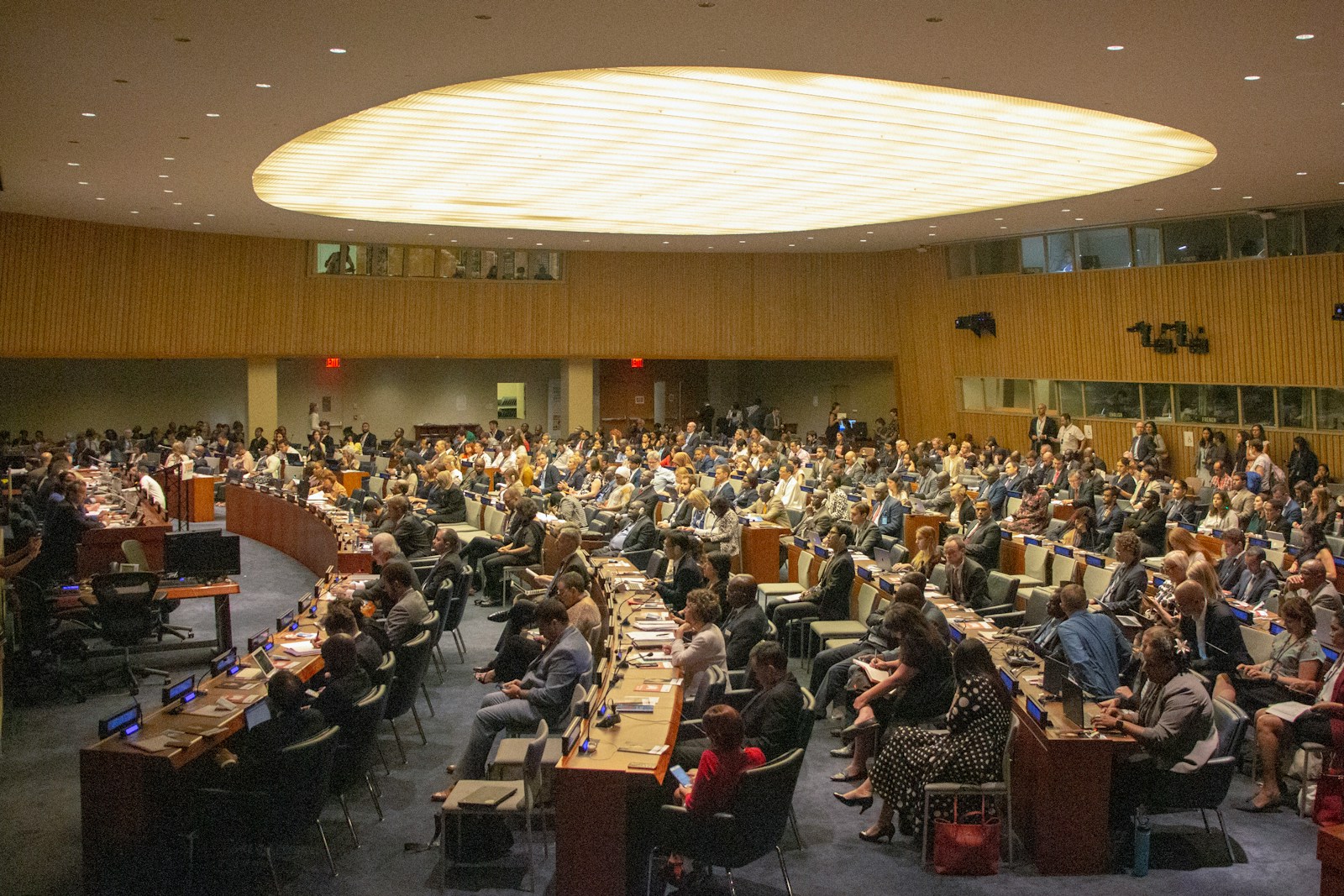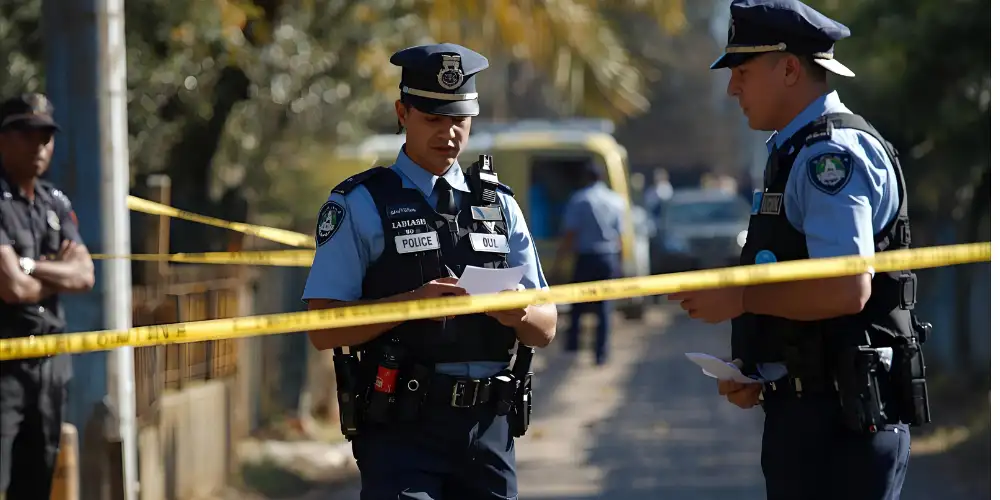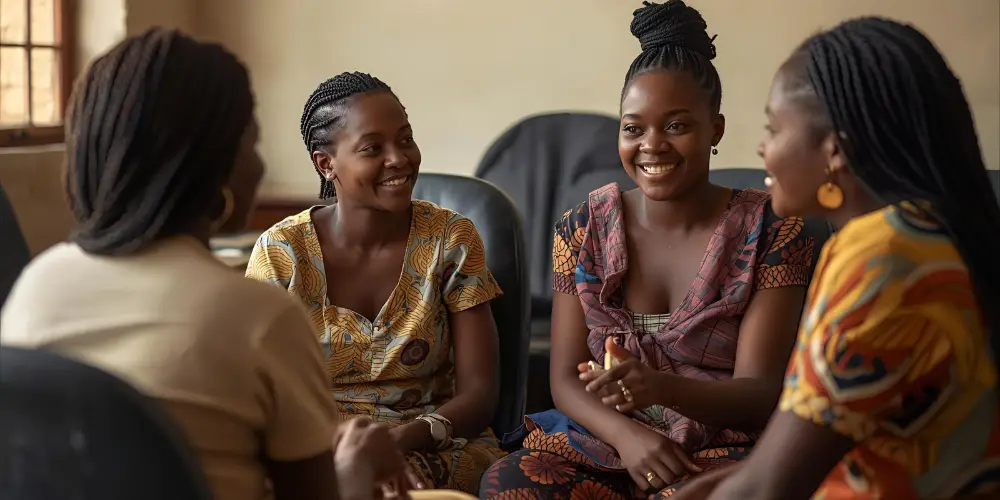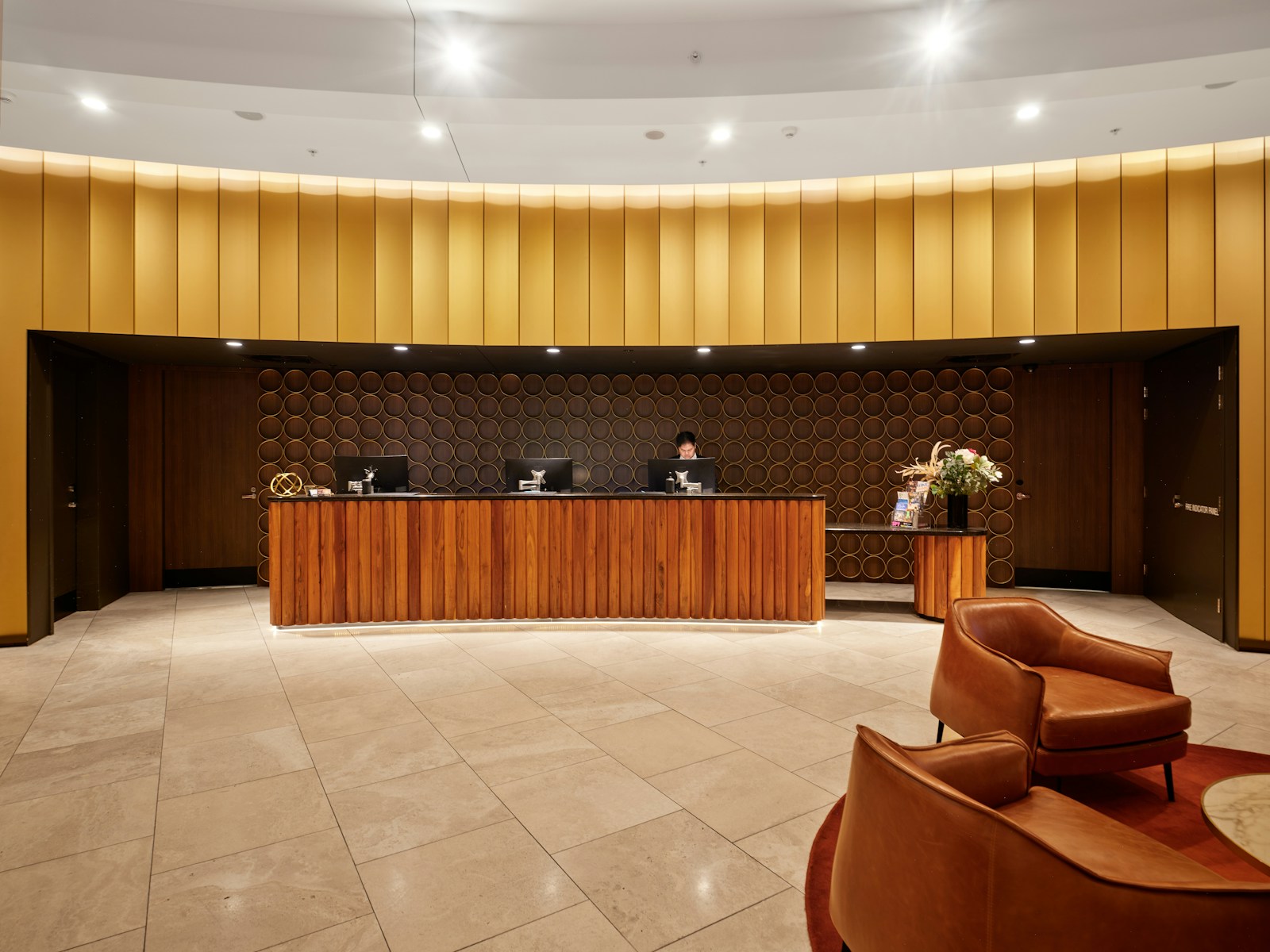UN Security Council And Strong Reasons Africa Deserves a Permanent Seat Now
The United Nations Security Council (UNSC) has long been criticized for its outdated structure, where power is concentrated in the hands of a few. With Africa representing over a billion people and growing economic and political influence, the continent’s absence from permanent representation is glaring. This article explores five strong reasons why Africa deserves a permanent seat, and why reforming the UNSC is now an urgent global priority.
Global Representation
The UNSC’s current composition reflects the post-World War II order rather than today’s realities. Africa, with its 54 nations, has only temporary representation and limited influence on decisions affecting peace, security, and development. Granting a permanent seat would ensure that African voices are heard in critical debates, strengthening the council’s legitimacy and fairness. The lack of permanent representation is a shocking imbalance in global governance.
UN Security Council and Conflict Resolution
Africa has been a hotspot for conflicts, peacekeeping missions, and humanitarian crises. Yet, African nations have limited say in shaping the policies that directly impact their regions. A permanent seat would allow African leaders to participate actively in conflict resolution, peace negotiations, and security mandates, reducing dependency on external powers. This shift could fundamentally enhance the council’s effectiveness.
UN Security Council and Economic Influence
Africa’s economic contribution to the global system is growing rapidly, from natural resources to emerging markets. Despite this, the continent lacks adequate representation at the UNSC, where economic interests often intersect with security decisions. By granting a permanent seat, Africa could influence policies that impact trade, development aid, and investment flows, ensuring that decisions are more equitable and sustainable.
UN Security Council and Democratic Legitimacy
The UNSC’s credibility depends on reflecting the world it governs. Currently, a handful of countries hold permanent power while the majority of the world, including Africa, has minimal influence. Granting Africa a permanent seat would correct this democratic deficit, enhancing transparency and accountability. This step is essential for reinforcing global trust in multilateral institutions and ensuring decisions carry broader legitimacy.
UN Security Council and Climate Security
Africa is disproportionately affected by climate change, from desertification to rising sea levels. Yet, the continent has little say in global security discussions that shape environmental policies. A permanent seat would give African nations the authority to push for climate-conscious decisions, linking environmental sustainability with peace and security. This is a crucial factor that highlights the urgent need for reform at the UNSC.
UN Security Council and Collective Responsibility
Global security is a shared responsibility, yet the current UNSC structure places disproportionate power in a few hands. Africa’s permanent representation would ensure more balanced decision-making, reflecting the shared stakes of all continents. This inclusion would not only empower African nations but also foster a stronger sense of international cooperation and mutual accountability, reducing unilateral dominance by any single power.
UN Security Council and Peacekeeping Contributions
Africa is home to some of the world’s largest UN peacekeeping missions, contributing thousands of troops and resources to maintain regional stability. Despite this, African countries have limited influence on UNSC decisions regarding these missions. A permanent seat would allow African nations to shape mandates, ensure effective allocation of resources, and improve operational outcomes. This adjustment would make peacekeeping more efficient and contextually relevant.
UN Security Council and International Partnerships
Africa’s strategic partnerships with global powers are expanding in trade, technology, and security. However, without permanent representation, the continent’s voice in shaping international agreements is muted. A seat at the UNSC would enable Africa to actively participate in negotiations, strengthening collaboration and ensuring that partnerships are mutually beneficial rather than one-sided.
UN Security Council and Human Rights Advocacy
Human rights remain a critical issue across multiple African nations, yet decisions affecting these rights are often made without direct African input. Permanent representation would empower African leaders to advocate for policies that respect human rights, address systemic inequalities, and promote justice. This inclusion would make global human rights interventions more relevant and equitable.
UN Security Council and Emerging African Leadership
Africa is increasingly taking on global leadership roles in technology, health, and diplomacy. Yet, the UNSC structure does not reflect this rising influence. Granting Africa a permanent seat would acknowledge the continent’s contributions and empower its leaders to guide discussions on global challenges, from pandemics to cybersecurity. For more details on Africa’s growing international role, see Africa Portal.
UN Security Council Reform and the Road Ahead
Reforming the UNSC to include Africa is not just symbolic, it is a necessity for a balanced, fair, and functional global governance system. While challenges such as political resistance and procedural hurdles exist, the benefits of permanent African representation outweigh the obstacles. For readers interested in related discussions on multilateral reform, explore our in-depth article on here to understand broader implications.
Conclusion: The time has come to trim disproportionate US power and grant Africa a permanent seat at the UN Security Council. From enhancing democratic legitimacy to influencing peacekeeping, climate policy, and human rights, Africa’s inclusion is both urgent and essential. The five strong reasons highlighted above demonstrate that equitable representation is key to a fairer and more effective international order.




